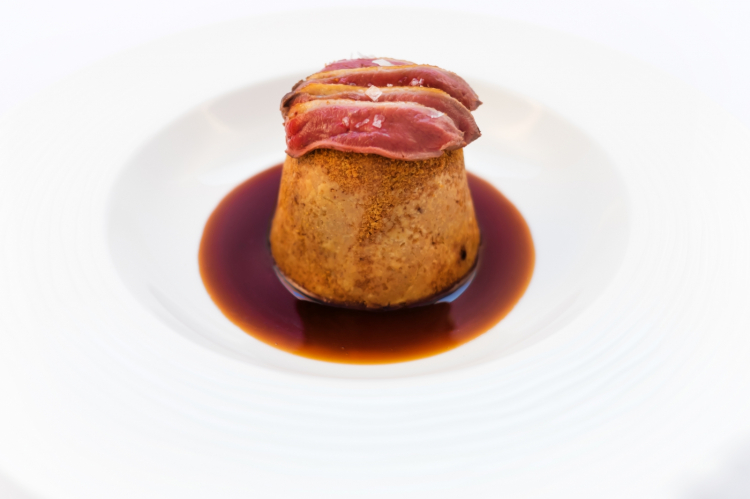A few days ago, we published a long interview with Ferran Adrià. To sum it up, the Catalan chef complains that, after closing his restaurant elBulli in 2011, there’s no more urge to innovate in today’s restaurants: "We set a benchmark so high that nobody knows or wants to see what’s beyond", he explained to Gabriele Zanatta. The interview is stimulating an interesting discussion among chefs and professionals (see the thoughts of Marco Bolasco on cibario.piattoforte.it or of Luca Iaccarino on Dissapore). Today we publish the point of view of Ciccio Sultano, chef at restaurant Duomo in Ragusa Ibla, 2 Michelin stars.
There’s more than just one kind of innovation. It’s a nice word that comprises different roads, even opposite ones. The one I believe in, on which I’m working hard every day, starts from the premise that today’s tradition is yesterday’s innovation. Consequently, innovation is the demonstration of a constant movement that draws from the past: pure energy. Vital energy. In order to do it right, I must betray what already exists, with intelligence.
What I mean is that I believe that innovating doesn’t mean you must move the dishing out to the left. Nor one can consider innovative a person who repeats always the same 30 dishes, no matter how interesting, or the same two or three ideas they are based on. Too little, and too easy. That would be a static innovation: it stopped and continues by inertia. I don’t believe in opening your doors to the chemical industry, in changing matter, in losing touch with the way food is shaped and with the geometry that defines the composition of a dish, like with every product made by man.
The goal of cuisine is still to communicate feelings, giving pleasure that can create a bridge between our past memories and the future. We are not hired just to surprise, but to nourish and offer a feast for the eyes and the palate. A feast to be remembered. Innovation reveals itself completely at the very moment in which a guest shares it.

Three dishes from Ciccio Sultano’s "Dominazioni Siciliane" menu: above, Timballo del Gattopardo, below, Spaghettone in salsa Tratatà and Agnello nostrano
There’s one more thing that I would quietly add: I’d really like it if we were more close, if we greeted always with interest and pride what is being done in Italy. More coherent with our taste, our discoveries, our style. We could all profit if we believed more in our capacities, given we have capacities, and we’ve always had. A country with a great tradition differs from one that has not such a deeply rooted tradition.
Interpreting one’s land is essential: it’s not a cage, it’s an extra richness we must lever, a resource we must sell for its weight in gold. An innovating chef is not just a chef who draws from innovation, but he defines new perspectives that give a new idea of Italian cuisine. When I speak of cuisine, I always add “Italian”. An adjective we must feel we belong to, something physical, a privileged way of expressing ourselves.
Translated into English by Slawka G. Scarso
See also
Ferran Adrià: After elBulli, there’s no innovation in food (but it’s not over yet)